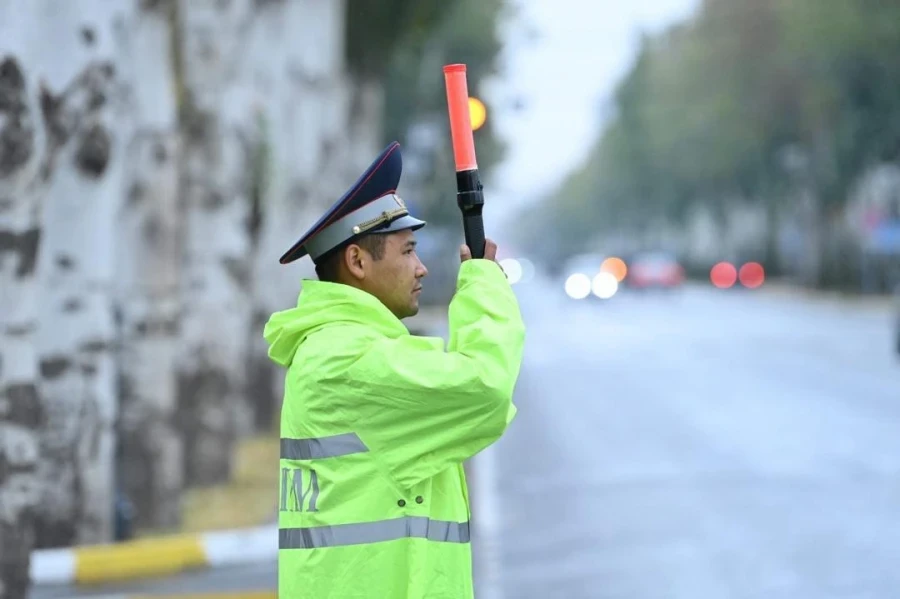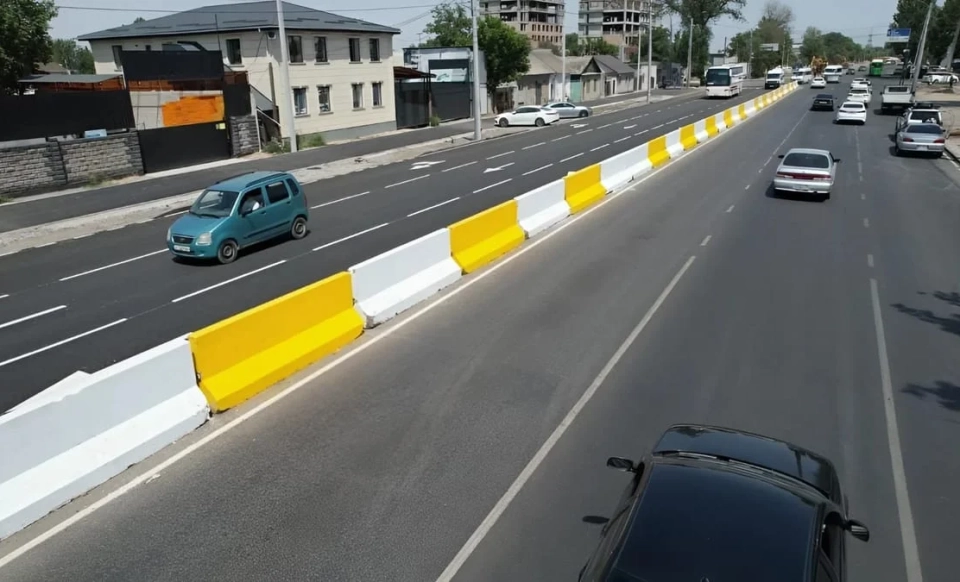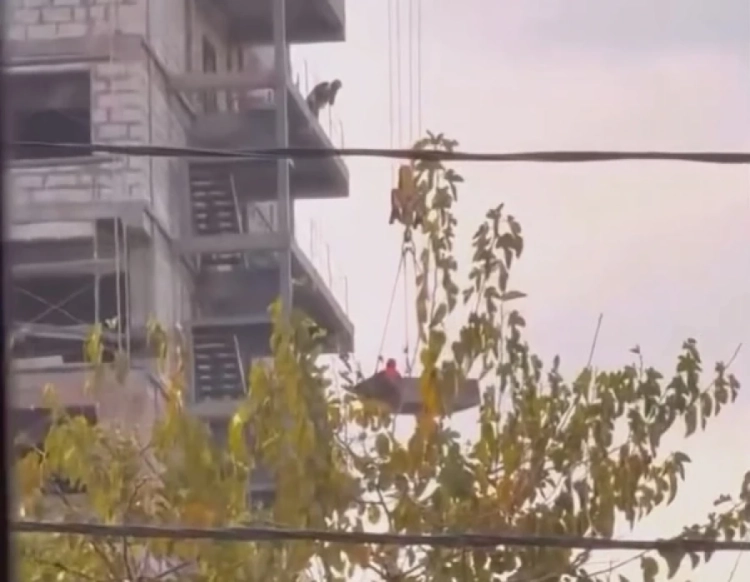According to the Ministry of Internal Affairs, the problem of begging, especially in Bishkek and Osh, is becoming increasingly relevant and continues to grow. The number of people engaged in this activity increases every year. In Osh, there is a noticeable predominance of foreign citizens and stateless persons among beggars.
The reason for the spread of begging is the ease of obtaining income without the need for professional skills or physical labor.
It should be noted that the proposed measures are aimed at combating intrusive begging, rather than every case of beggars, excluding those who beg on the roadway, creating a risk to road safety.Citizens who genuinely need help and whose actions are not intrusive will not be subject to these sanctions, as stated in the justification for the project.
The document emphasizes that intrusive begging in public places and any begging on roads creates numerous problems: it threatens road safety, worsens the image of cities for residents and tourists, and disrupts public order. Constant requests for alms in crowded places cause irritation among citizens.
The initiators of the draft law note that the current legislation does not fully address the problem, and the conducted raids do not yield sustainable results.
“Particular attention should be paid to foreigners committing such offenses. Repeat offenses by foreigners within a month after measures are applied should entail harsher penalties. This is because such actions demonstrate disregard for the laws of the host country,” it is added in the explanatory note.
Particular concern is raised regarding the involvement of vulnerable groups in begging, such as elderly citizens, pregnant women, and persons with disabilities. This is a form of exploitation and violates their rights,” the document emphasizes.
To address this issue, it is proposed to supplement Article 126 of the Code of Offenses with a new section “Begging.” The draft states:
- Engaging in begging on the roadway and intrusive requests in public places will result in community service for a period of 20 to 30 hours or arrest for up to three days;
- Repeat offenses within a month will result in community service from 30 to 40 hours or arrest from three to five days;
- If a repeat offense is committed by a foreign citizen, they will face deportation from the country.
- Involvement in begging of elderly citizens, pregnant women, persons with disabilities, or mental disorders will incur a fine of 200 calculation indicators (20,000 soms).
- If these actions are repeated by a foreign citizen within a month, deportation is also anticipated.






